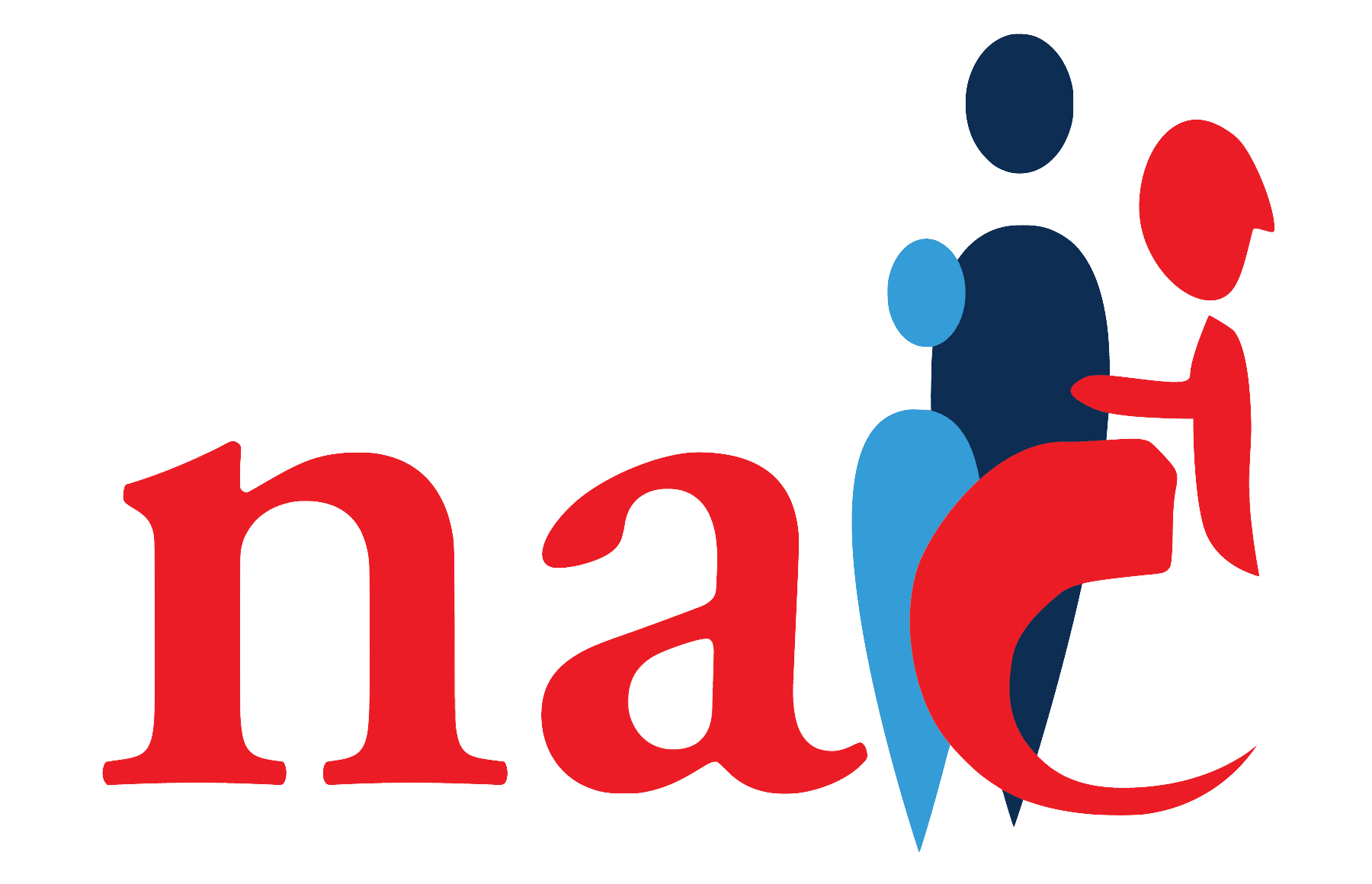Myra is a care partner to her husband, who was diagnosed with lung cancer about a year ago. She and her husband are a team, so Myra never questioned that she would be the one helping with his care. She’s also never considered the term “caregiver” to apply to her, since she and her husband are working together.
Myra’s identity as a Latina is very important to her, as is her husband’s as a Latino. Her husband prefers to speak in Spanish, and the language barrier can be a challenge for them because her husband is unable to receive care in Spanish. It is important for Myra to accompany her husband to his appointments so she can translate, but even then, information in a different language is a lot to process for both of them. Sometimes, Myra’s husband does not ask a question because he is not sure he has all the information, or Myra has a hard time acting as the in-between communicator when she is missing information.
Both Myra and her husband have been unable to find patient or care partner support groups for lung cancer that are in Spanish. This can make them both feel isolated and lonely. Connecting with someone not just based on diagnosis, but on language, culture, and identity, are very valuable. Myra also says that she has not been able to easily find resources in Spanish, because there is no easy place to look for them.
Myra is involved with a patient advocacy group she found through an internet search, and she takes advantage of their care partner support groups, though she thinks these groups should be more diverse. There needs to be more awareness around patient advocacy groups in general. Myra talks about how, in the Latina community, it can be difficult to talk about emotions because you just want to get through the situation. She also talks about how there is very little awareness of lung cancer in her community, and that a negative stigma is attached to it because people believe it is a disease that happens to you based on your choices and is not just something that happens. Patient advocacy groups need to make it clear they are a safe space to discuss these things.
Ultimately, Myra just wants patient advocacy groups to connect both her and her husband with survivors of lung cancer who speak their language and share a cultural background with them. Speaking with others with these built-in connections creates trust and comfortability and can help patients and care partners deal with the emotions of a diagnosis and with how to move forward.
